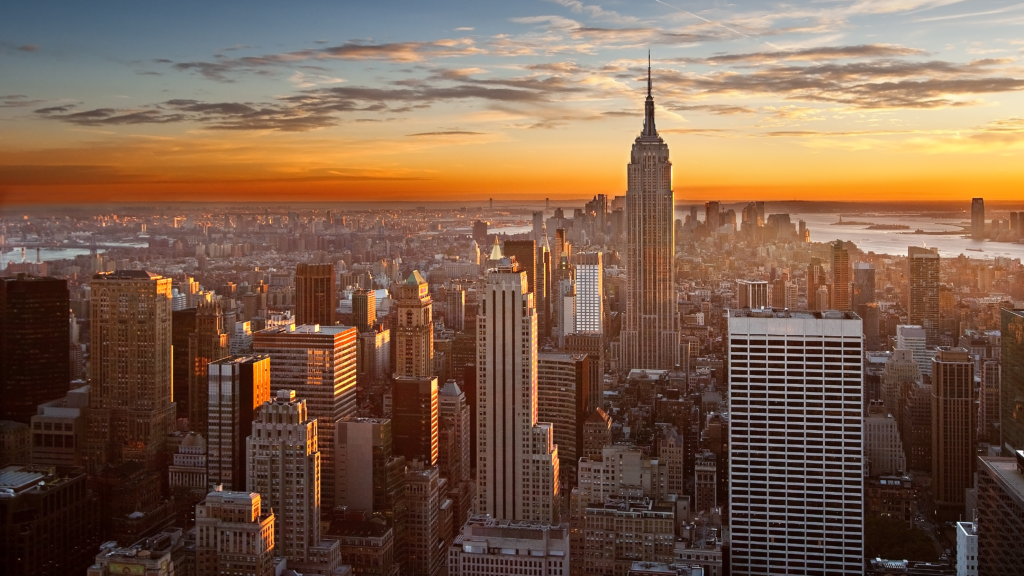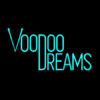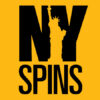New York Sends Out Requests for Last Three Casino Licenses, but There Is No Deadline
New York Sends Out Requests for Last Three Casino Licenses, but There Is No Deadline

New York Sends Out Requests for Last Three Casino Licenses, but There Is No Deadline
As expected, New York gaming officials called for applications for the three remaining casino licenses late Tuesday afternoon.
The Gaming Facility Location Board hasn’t set a submission deadline. All applicants must invest $500 million in their projects. New casino licenses cost $500 million.
New York City and its Long Island and northern suburbs are likely to receive licenses for downstate developments.
Nearly ten years ago, voters allowed business-licensed casinos. The alteration allowed seven facilities.
Four are running in upstate New York, and three were due to acquire licenses after seven years. Before New York City casinos opened, upstate casinos were given time to prepare.
Early in the COVID-19 outbreak, calls were made to expedite the remaining licenses. Supporters saw casino licenses as a chance to raise money in a state facing big budget difficulties. The new casinos would also boost the pandemic-stricken construction and hospitality industries.
“The earlier the three licenses are issued, the sooner we can start to see the huge benefits to the state,” Senate Racing, Gaming, and Wagering Committee Chairman Joseph Addabbo said Wednesday. These benefits include thousands of construction and post-construction jobs, billions in license revenue, extra money and services for problem gamblers, and billions for education when the winning casinos open.
Expected to Get Several Bids
Casino proposals for the nation’s largest city will certainly be high-profile. After Tuesday’s publication, some bidders repeated their intentions.
The developers of a $3 billion Coney Island casino complex hope to submit an application that will “boom economically.”
Thor Equities, Saratoga Casino Holdings, Chickasaw Nation, and Legends say Coney Island has been waiting for a year-round economy that provides employment and careers for over a decade. “Our relationship is unique because it combines unmatched gaming skill, entertainment experience, and community service. We’re excited to bid and set a new standard for New York’s economic growth and stability.”
Las Vegas Sands, which has been referenced in press stories about a Long Island project, thanked the state for moving the process along.
“As the world’s premier developer and operator of world-class integrated resorts and casinos,” the representative stated. “These new licenses might create thousands of well-paying employment and an exciting new industry in the area.”
Only One Winner?
Some believe only one of the three licenses will be awarded.
Empire City Casino in Yonkers, owned by MGM Resorts International, and Resorts World New York City in Queens have many video lottery machines. Both organizations have wanted Las Vegas-style slots and live dealer table games to replace VLT machines.
Empire City and Resorts World change fastest. The state could make more money without waiting years for a new casino.
“The Board made it clear that this process is for three new licenses, but we still concur with the consensus that MGM and RWNYC are the front-runners for two of the three licenses because they have been in the state for a long time. “We’ll look at more contenders when RFA papers become available in the coming months,” CBRE Equity Research senior analyst John DeCree told investors Wednesday.
What Comes Next?
The bids for the downstate licenses are expected to give land-based gaming its biggest chance of growth in recent memory. CBRE said in April of 2016 that the market for casinos in the area was worth $4.8 billion. That’s because the area is home to almost 20 million people who, on average, make $80,000 a year.
The announcement made on Tuesday was the most recent step in a process that still doesn’t have a clear end date.
On Tuesday, the GFLB only gave interested people until February 3 to ask questions. After that, officials from the state will answer those questions and ask for a second round. The deadline for bids would be 30 days after the state answers these questions.
Before the board can look at an application, it must be looked over by a local board and get two-thirds of its support. Proposals must also be okayed by the local zoning board.





